June is Pride Month! All across the globe LGBTQ+ communities are coming together to celebrate their decades long struggle to overcome prejudice and be accepted for who they are.. Pride month honors the 1969 Stonewall Uprising in Manhattan, which was a major turning point in the Gay Liberation Movement. Throughout the month, we celebrate those fighting for equality. In addition, we remember those who’ve lost their lives to injustice. Ultimately continuing to push for the end of discrimination in regard to gender fluidity.
Discrimination against the LGBTQ+ community
Despite being a deeply personal and individual matter, non-heterosexuality remains under the microscope as a deviation from the standard, an abnormality. Those who identify as LGBTQ+ often find themselves in a place in which they lack equality, freedom and basic human rights.
Many states still offer little to no protection from discrimination on the basis of sexual orientation. LGBTQ+ people can still face inequality in employment, housing and public accommodation. Surveys confirm that LGBTQ+ workers face discrimination at work. LGBTQ+ workers of color have reported an increased likelihood of being denied a job. They also experience more verbal harassment and many LGBTQ+ employees still feel the need to “disguise” themselves in the workplace to avoid being mistreated.
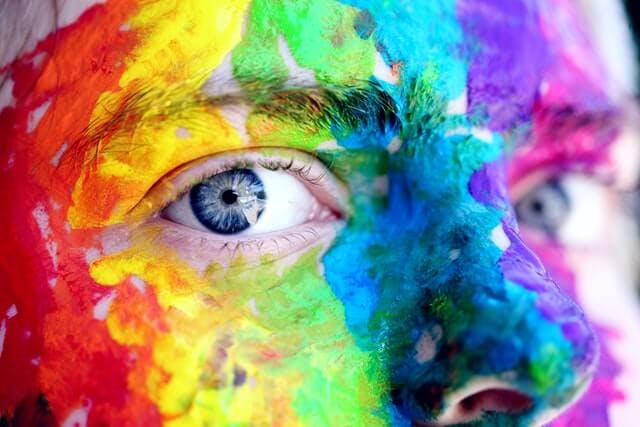
It can be harder for same-sex couples to adopt children. While reports reveal horrific discrimination against transgender people. In addition, LGBTQ+ persons often find healthcare providers treat them differently and they receive less access to necessary care.
And this is only the tip of the iceberg…
We live in a melting pot of a country, where diversity should ideally be celebrated. And yet, anyone who identifies as something other than heterosexual—as well as gender-fluid people—are at an automatic disadvantage. The ramifications of such can be life altering and have a negative impact on said persons. Sexual minorities have an increased risk for behavioral health issues, often times more leading to increased risk of experiencing depression and anxiety . Data shows that adults in the sexual minority report higher substance use patterns compared to heterosexual adults. Often it is found that use of marijuana, opioids and cigarettes are consumed at a higher rate, which can often lead to more severe substance use disorders.
Ways to support LGBTQ+ individuals
There are many simple, practical, yet powerful ways to be an ally for the LGBTQ+ community.
Educate yourself. Become aware of the anti-discrimination laws in your state. In your workplace. Research how local businesses promise to enforce equality. Become aware of the difference between gender and sex. Knowledge is power and the first step in supporting the LGBTQ+ crowd.
Use your voice. Demolishing the negative stigma means speaking up when you see something wrong. Have you heard someone use a slur? Offer education on the topic and kindly correct them with the inclusive term. Is a coworker being harassed at work? Don’t sit idly by but bring the situation to the attention of someone in charge. In addition, make sure your coworker is ok and knows you are a safe space for them.. Do you feel like your workplace policies could be improved? Voice your thoughts. Silence is compliance.
Start a group. Does it feel like there’s a lack of safe, supportive places for your LGBTQ community? Take the initiative to start a group yourself. Even a monthly meeting at a coffee shop, restaurant or local library can make a world of difference to people who need the community. Do groups in your area already exist? Attend their events!
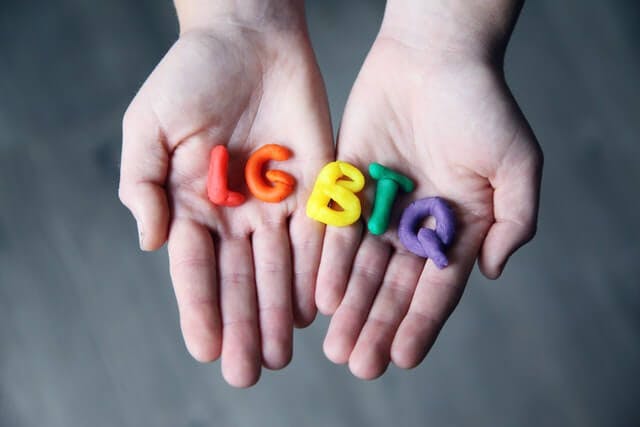
LGBTQ+ Mental Health Resources
While we’ve made strides as a society in providing more support for the LGBTQ+ community, we still have a long way to go but help is available. Here are just a few suggestions of resources available.
The It Gets Better Project is a global non-profit. It aims to uplift, empower and connect LGBTQ+ youth across the world. The site provides support, education and a list of events you can attend.
There’s also The Trevor Project, which is the world’s largest suicide prevention and crisis intervention organization for young LGBTQ+ people. They offer counseling for the LGBTQ+ community. Get help by calling, texting or chatting with one of their crisis counselors. Connect with others online through their community and read through a plethora of resources to support you on your journey. Their Crisis Text Line is another safe option!
Q Chat Space hosts live chat groups for teens, where they can connect with other people who have shared interests and gather new information.
If you want to know how you can better support a loved one who is LGBTQ+, that’s what PFLAG is for. They provide information and resources not just for LGBTQ+ people but also for anyone who wants to be an ally. There are more than 400 chapters across the US and over 200,000 members.
For trans mental health resources specifically, Trans Lifeline can help. It’s run by and for trans people, to provide peer support.
For LGBTQ+ friendly therapists, Cerebral is just a few clicks away. Our caring team provides LGBTQ+ therapy online for individuals who might be struggling with their mental health. We take mental illness in the LGBTQ+ community seriously. Cerebral offers different monthly subscriptions to make mental healthcare more affordable and accessible. Should you need medication, we’ll deliver it right to your doorstep.
We know that finding therapy for LGBTQ+ issues might feel challenging. Often times people struggle finding care where they know they’ll be accepted, understood and included. Our goal at Cerebral is to remove the stigma surrounding mental health treatment. In order to live the life you want, “healthcare” demands a holistic approach—mentally, physically and emotionally, which you’ll find with Cerebral.
If you or a loved one is ready to talk to someone, Cerebral is ready to listen! Start by taking our free emotional assessment so we can get to know you better.
This Pride Month—and every month—we send all of our love, support and companionship to the LGBTQ+ community.
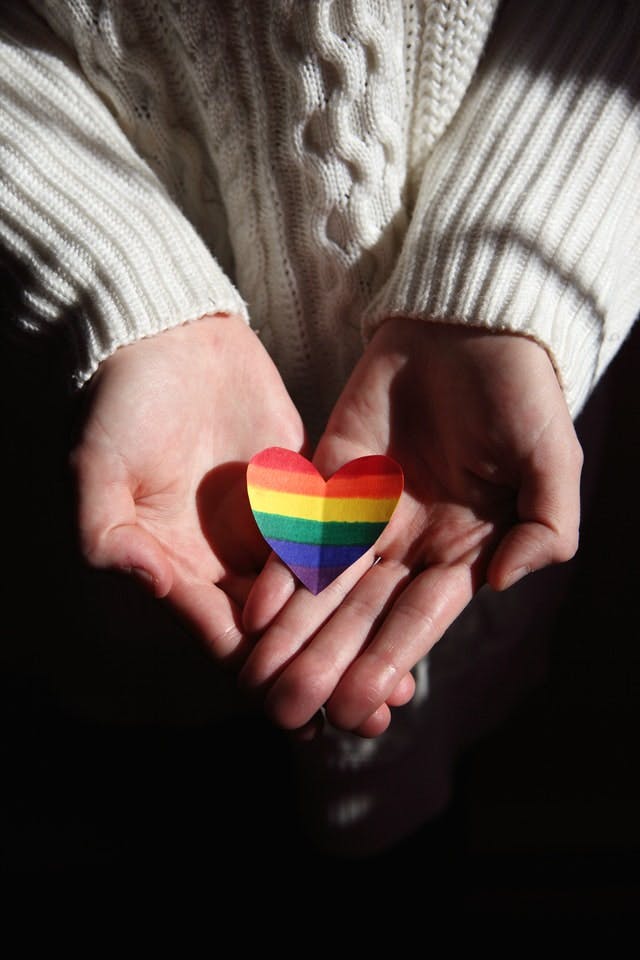
Why Is Substance Abuse And Addiction So Prevalent Among The LGBTQI+ Community?
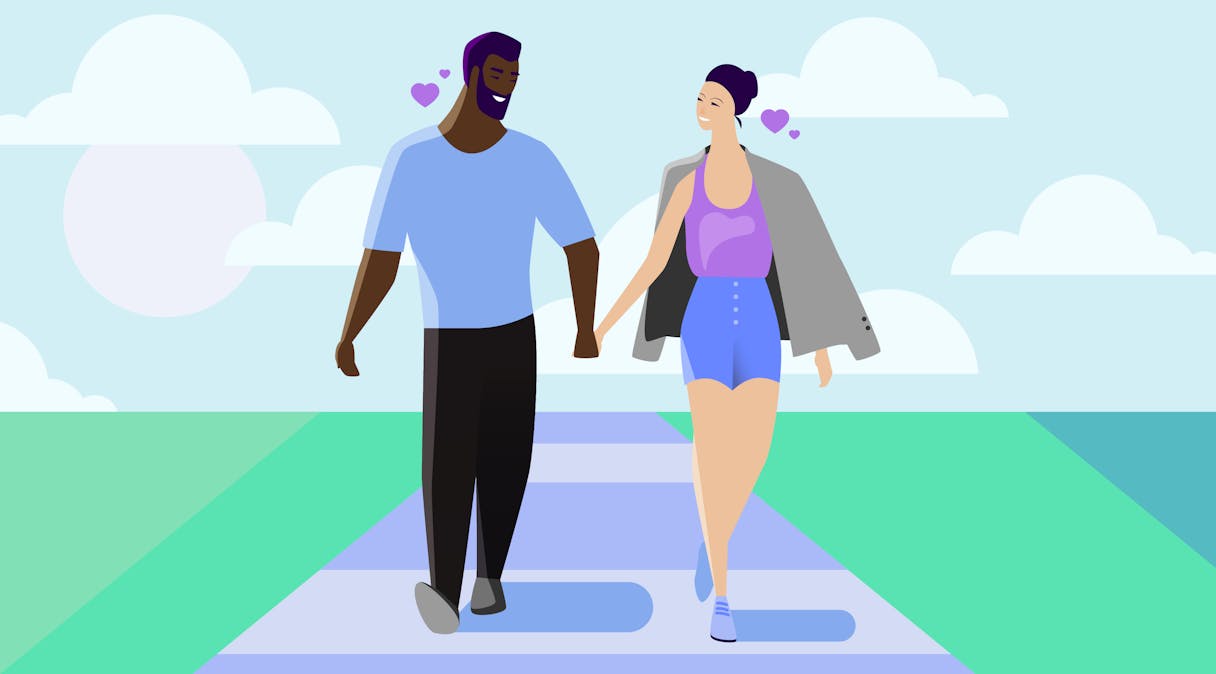
What Does a Healthy Relationship Look Like?
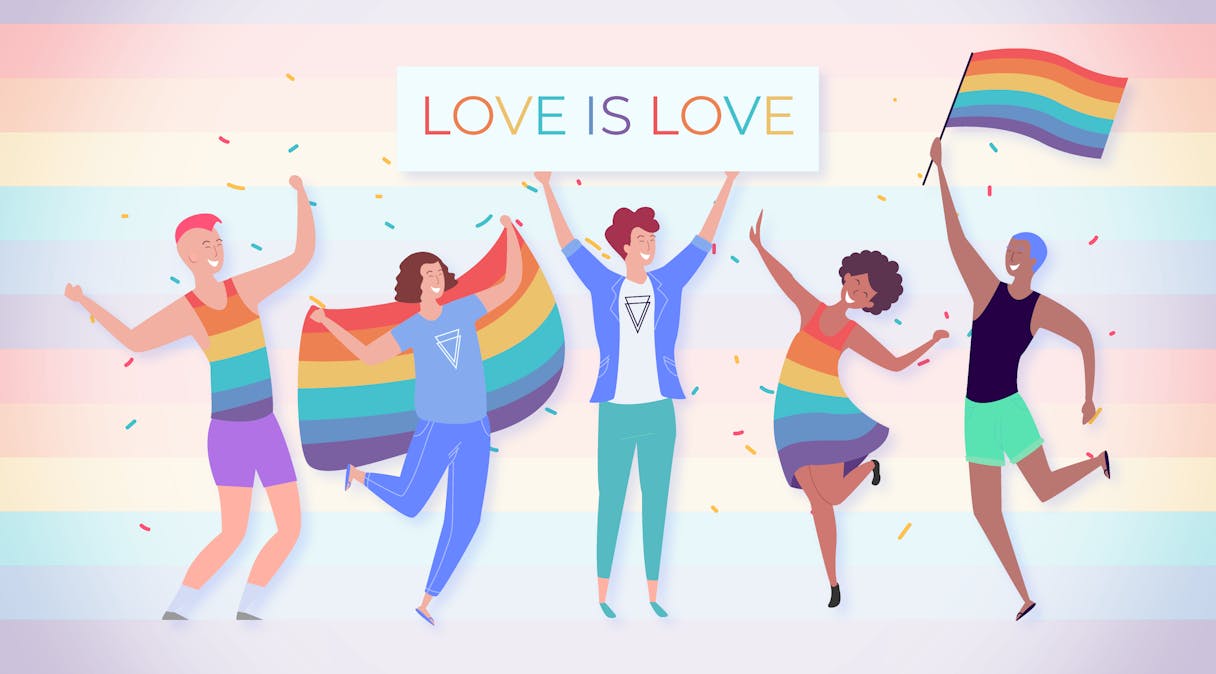
How to Be a Good LGBTQ+ Ally

Call 911 if you’re having a
mental health emergency
Text Home to 741-741 if you're in emotional
distress and need immediate support
Call or text 988 Suicide &
Crisis Lifeline. Chat service
is available at 988lifeline.org.